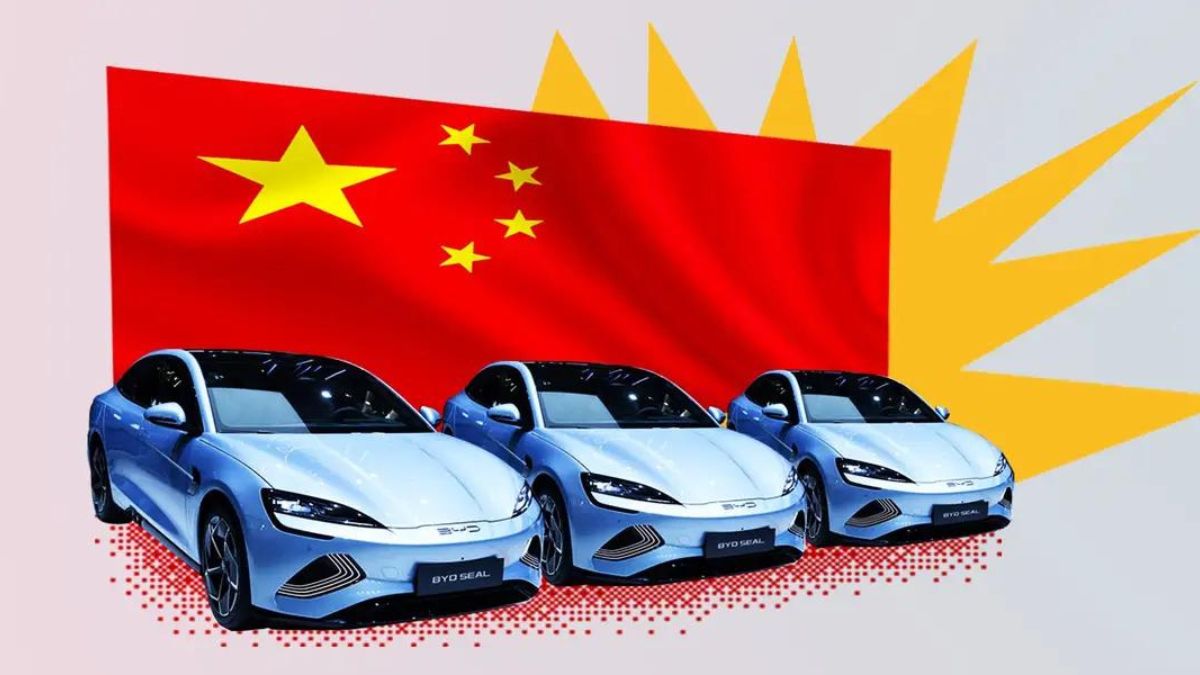The European Union has confirmed its decision to impose higher tariffs on electric vehicles (EVs) imported from China, with the new levies set to take effect on Friday. The tariffs, ranging from 17.4% to 37.6%, are aimed at addressing concerns over “unfair” subsidization of Chinese EVs.
Key Developments:
- Tariff Details: The EU’s new tariffs will affect a broad range of Chinese automakers, including BYD, Nio, and Xpeng, as well as U.S. companies like Tesla with manufacturing operations in China.
- Nio’s Response: Nio, a prominent Chinese EV maker, has stated that while it is currently keeping its prices steady, future adjustments may be necessary due to the new tariffs.
- Xpeng’s Position: Xpeng will honor existing prices for customers who have already placed orders or are awaiting deliveries, though it has not yet confirmed if new tariffs will lead to price increases.
- Tesla’s Situation: Tesla has indicated that it may raise prices for its Model 3 vehicles in Europe, depending on the specific tariff rates it faces.
Regulatory Context:
- Tariff Implementation: The tariffs are provisional and will be in place for four months. During this period, EU member states will vote on whether to adopt “definitive duties” that would last for five years.
- China-EU Negotiations: Chinese officials have criticized the tariffs as protectionist and are urging for negotiations to reach a mutually acceptable resolution.
Strategic Adjustments:
- Local Manufacturing: Chinese EV makers are exploring local production in Europe to mitigate the impact of tariffs. Xpeng is considering establishing manufacturing capabilities in Europe, while BYD plans to open a factory in Hungary.
- Nio’s Commitment: Nio emphasizes its dedication to the European market and hopes to resolve tariff issues before definitive measures are imposed in November 2024.
Market Impact:
- Competitive Landscape: The tariffs come as Chinese EVs aggressively expand into Europe, offering competitive prices that challenge traditional European automakers struggling to keep up with the shift to electric vehicles.
Industry Reactions:
- Chinese Manufacturers: Companies like Xpeng and Nio remain committed to the European market but are adjusting strategies in response to the tariffs. Xpeng’s potential European factory and BYD’s planned factory in Hungary are part of these adjustments.
The imposition of tariffs marks a significant development in the global EV market, affecting both Chinese and European automakers and shaping the competitive dynamics in the industry.


